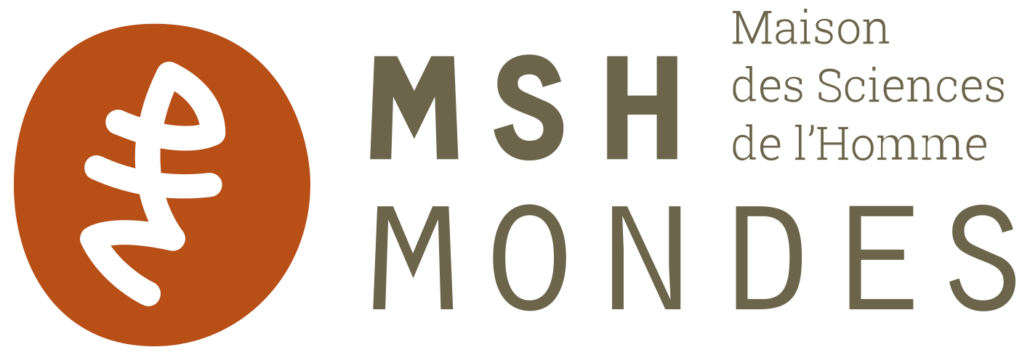| Current library | Call number | Status | Date due | Barcode |
|---|---|---|---|---|
| Besançon : ISTA - Institut des Sciences et Techniques de l'Antiquité Libre accès | Cr-Per 073 bis-40 (Browse shelf(Opens below)) | Available |
Notes bibliogr.
This is a study of the meaning and sources of Plutarch’s version of the
story of Arion, as told in the Symposium of the Seven Sages. The paper considers how
Plutarch seeks to surpass Herodotus’ famous narrative by filling in the gaps and offering
a more coherent narrative causality; a central place is given in Plutarch both to religion
and to music, and it is suggested that, in part, Plutarch has written an Apolline narrative
to take the place of the earlier dithyrambic and Dionysiac narrative. The paper also
considers the relation between Plutarch’s account and, on the one hand, the lyric poem
about Arion which is preserved by Aelian (PMG 939) and, on the other, surviving
ancient accounts of Dionysus’ encounter with the pirates who want to kidnap him.








There are no comments on this title.